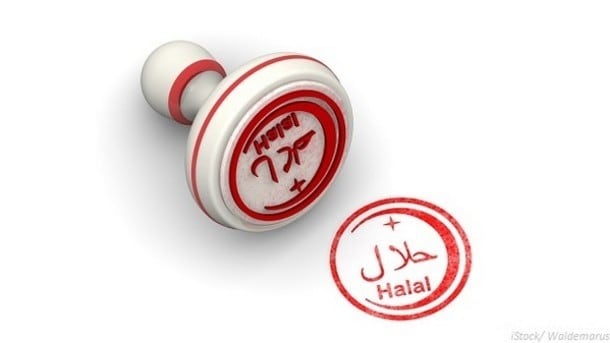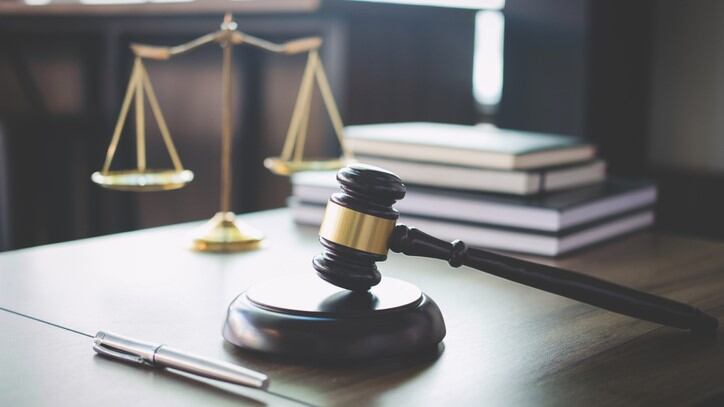Under a law that came into force last October, most consumer products and related services that enter and are traded in the country must be halal-certified.
The law will initially apply to food and beverage, though cosmetics, drugs and other consumer goods will have until 2026 to comply.
But as Indonesian authorities grapple with an influx of millions of certification applications by domestic companies, Malaysia could benefit, according to a leading halal trade expert.
Jamil Bidin, who retired from the Halal Industry Development Corporation, a government agency he set up in 2006, last year, says Malaysia’s unique government-led approach to halal certification allows products from the country access to Indonesia without needing certification through BPJPH, the Indonesian government halal agency which took over certification in tandem with the new regulation.
The reason stems from the Indonesian regulation’s approach to redressal.
“I’ve looked at the new regulation. To me, the idea is very good,” said Jamil.
“There needs to be some kind of understanding between governments, like a government-to-government arrangement, whereby if there is a problem with the products coming into the country, the issue can be taken up at government level.”
This means that if a cosmetic’s halal status is compromised, the Indonesian government must be able to communicate directly with its counterpart in the product’s country of origin to resolve the matter. The counterpart would in turn contact the local certification body that granted the product halal status.
Most governments stay clear of halal matters, however. But in the case of Malaysia, the government controls all halal certification through the Department of Islamic Development Malaysia, better known as JAKIM, which regulates scores of local certification bodies around the world.
JAKIM's halal accreditation is seen as the gold standard due to its global reach. It recognises 75 certification bodies in 43 countries and last year gave 7,204 companies in January, according to the department of religious affairs.
Because of the way JAKIM operates, Malaysia is the only country in the world that can satisfy Indonesia’s requirement for government-level redressal, said Jamil.
“Most of the certification bodies in the world are private bodies, except for Malaysia and now Indonesia. Governments are going to have to give some kind of guarantees in countries like Japan, where you have god knows how many CBs. I don’t know how they could you manage that.
“Only Malaysia can do this because our certification is done through JAKIM. The issue is enforcement, and Malaysia’s authorisation body is part of the government,” said Jamil.




